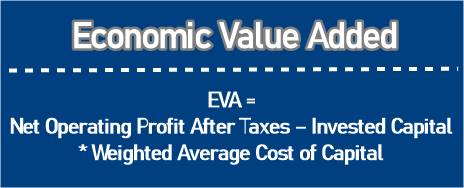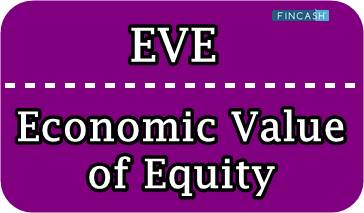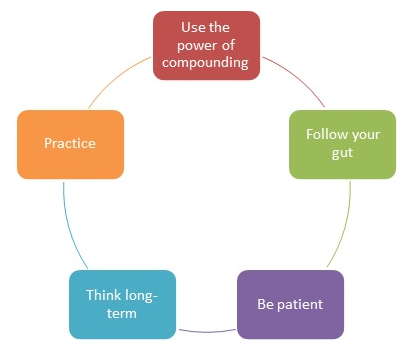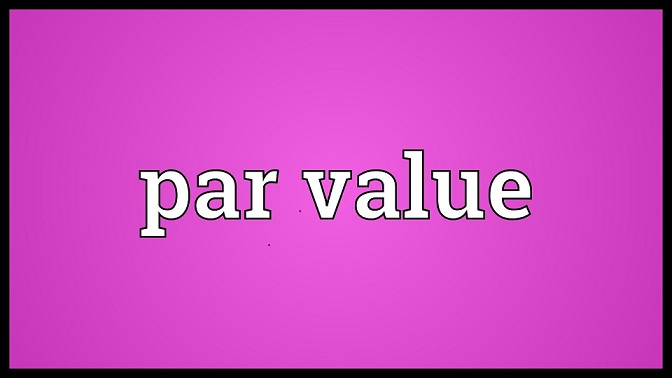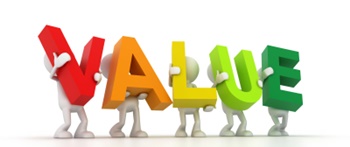
Table of Contents
Economic Value
What is Economic Value?
Economic value can be defined as a metric of benefit from a service or product to an economic agent. Typically, it is measured in units of the country’s currency.
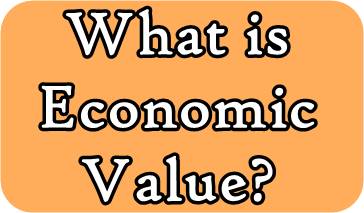
Another economic value’s interpretation is that it represents the maximum money amount an agent is ready and capable of paying for a product or service. In a way, economic value always remains greater than the Market value.
Explaining Economic Value
To determine the economic value of service of a good, the preference of a specific population is considered. For instance, if a person purchases a gadget, the economic value will be the amount that the person is willing to pay for it, keeping in mind that the same amount can be spent somewhere else. This choice demonstrates a trade-off.
Talk to our investment specialist
Economic Value in terms of Marketing
Companies generally use the economic value to the customer (EVC) to finalize prices for products and service. EVC cannot be derived from a mathematical formula; however, it regards the intangible and tangible value of a good.
While the intangible value is dependent on the consumer sentiment for the ownership of a product, the tangible value is based on the functionality of the product. For instance, a consumer puts a tangible value on a durable pair of shoes that offer support during athletic activity.
However, the intangible value of the shoes can be determined with the brand’s affiliation with a celebrity ambassador. Although new-day economists believe that economic value is subjective, past economists believe that this value is objective.
Accordingly, the age-old economists thought that the value of a product is determined by the labour’s value that is used to manufacture products.
Economic Value of in terms of Consumer Goods
Economic value is not a still figure. It keeps changing with the changes in quality or prices of similar products. For instance, if the price of tea rises, people would end up buying less tea and milk. This decrease in consumer spending is likely to lead retailers and producers to decrease the cost of milk to attract buyers.
How people would choose to spend their time and money; thus, determines the economic value of a product or service.
All efforts have been made to ensure the information provided here is accurate. However, no guarantees are made regarding correctness of data. Please verify with scheme information document before making any investment.
